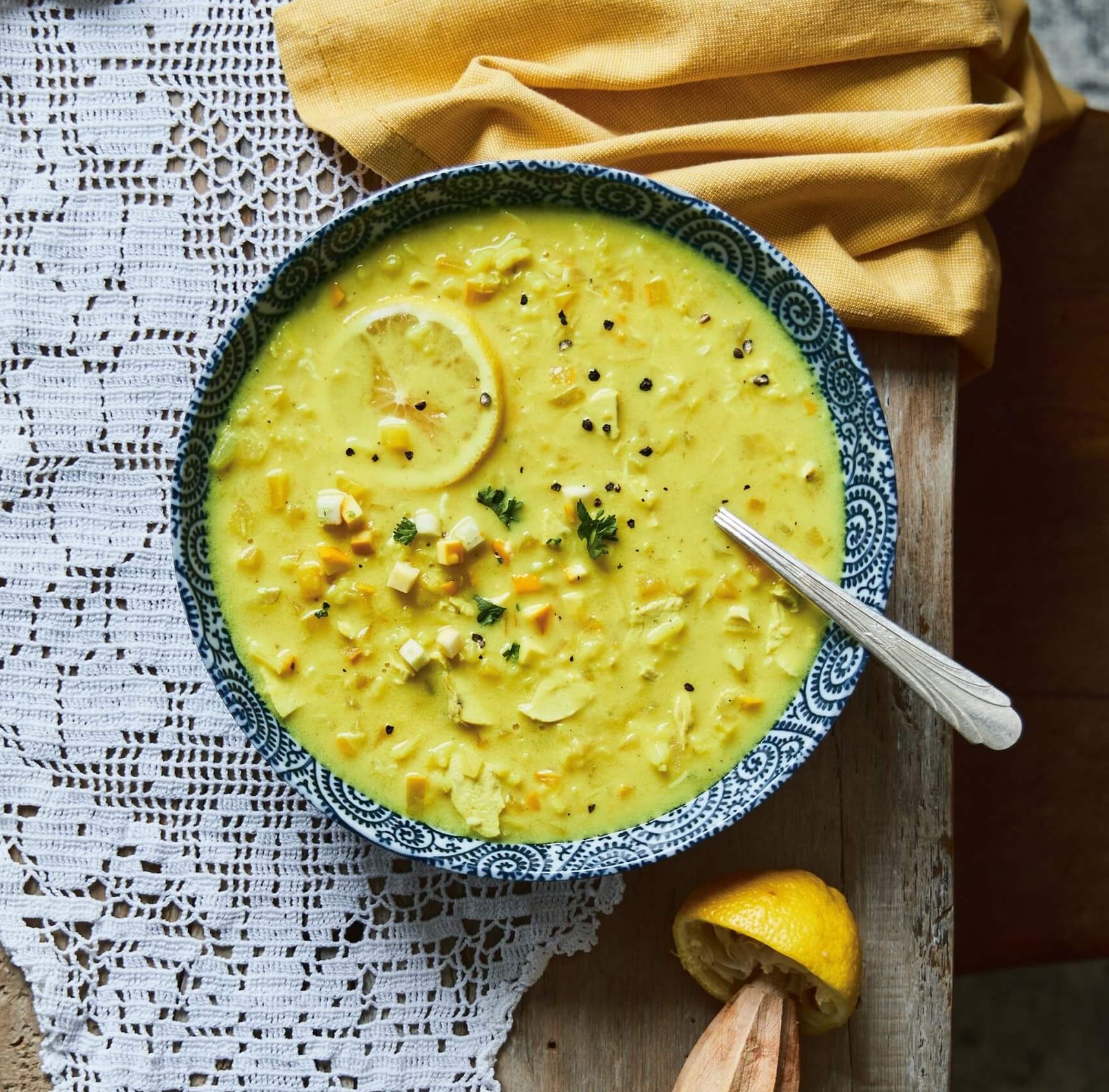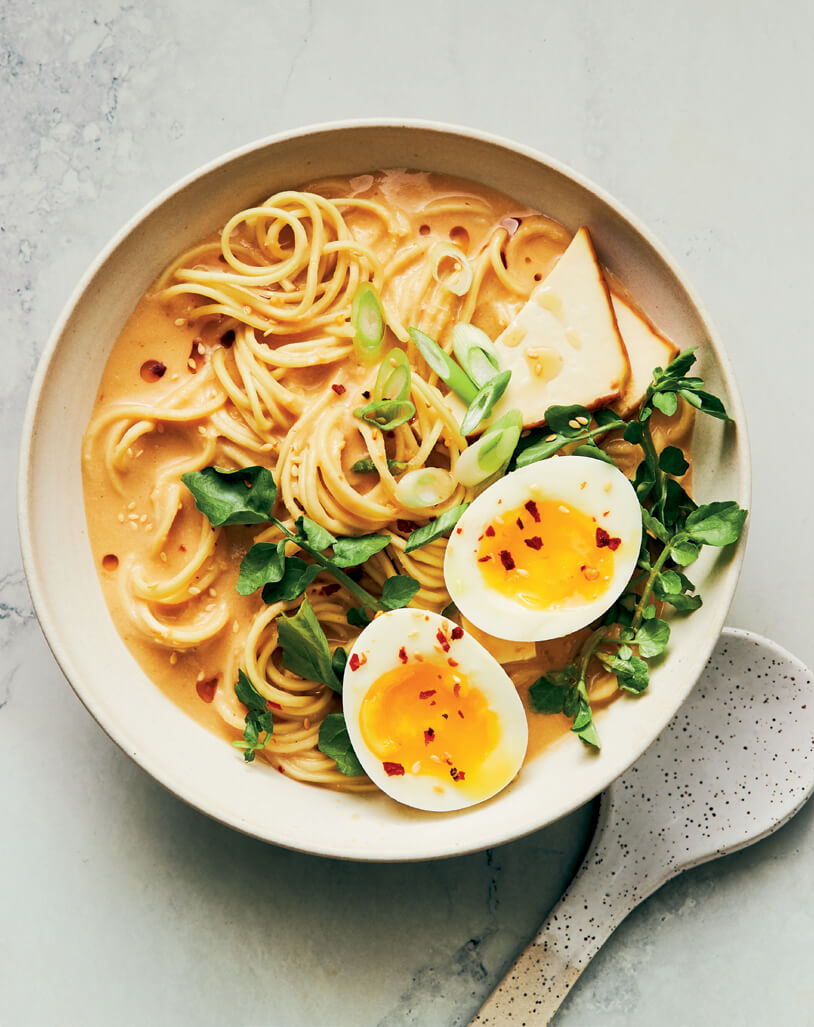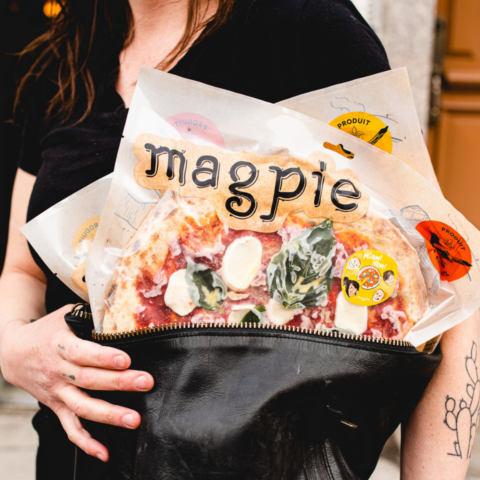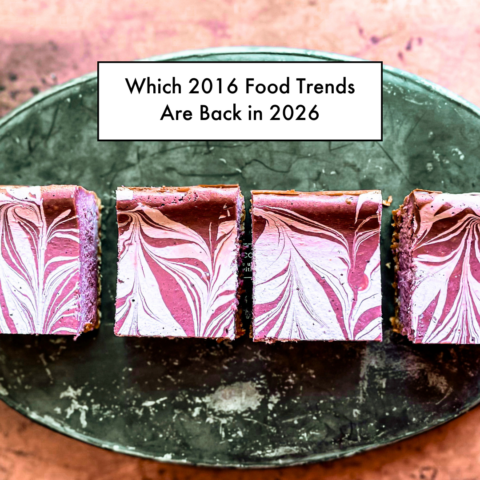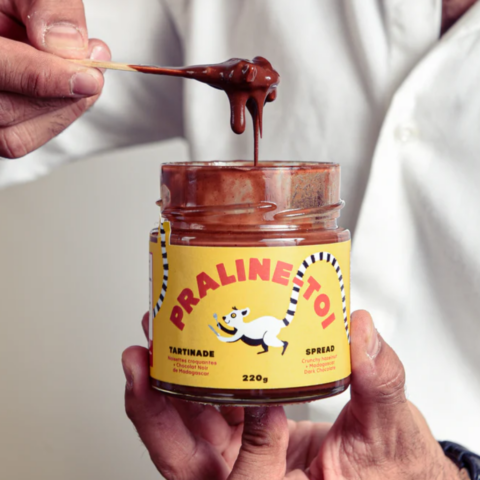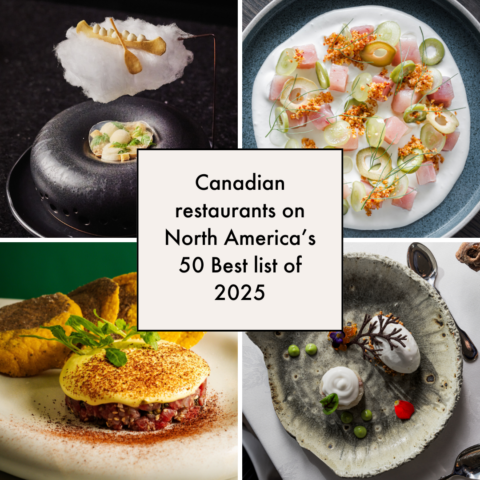How does food affect mood? Amino acids, the building blocks of protein, help the body produce neurotransmitters, which are chemical messengers that control functions such as mood regulation. For example, the amino acid tyrosine is involved in producing dopamine, the “pleasure hormone,” and norepinephrine, which helps regulate the fight-or-flight response to stress. Serotonin, the “happiness hormone,” is primarily produced by bacteria in the gut. Foods rich in fibre, probiotics, micronutrients and antioxidants all support a diverse microbiome of healthy gut bacteria, which is linked to higher levels of serotonin and other neurotransmitters and therefore improved mood, concentration and motivation and decreased anxiety. Omega-3 fatty acids and vitamin D are also key nutrients for mood and brain health.
1. Citrus fruit
Lemons, oranges, clementines and other citrus fruits strengthen our immune defenses thanks to their vitamin C content. They also contain polyphenols and flavonoids, which protect the brain from oxidative damage that is linked to mental disorders like depression, anxiety and cognitive decline.
Recipes using citrus
- Lemony Chicken and Rice Greek Avgolemono-Style Soup
- Lime, Sesame and Honey Vinaigrette
- Lemony Chicken Broth With Sage
- 11th Mile’s Lemony Roasted Broccoli with Walnut Crema
- Creamy Vegan Asparagus Pasta
- Lemony Broccoli and Cauliflower Tabbouleh
2. Salmon
Fatty fish like salmon, trout, sardines, mackerel and herring are rich in the essential fatty acid omega-3, which is crucial for brain health. The tryptophan and vitamin D in salmon both also help you feel your best.
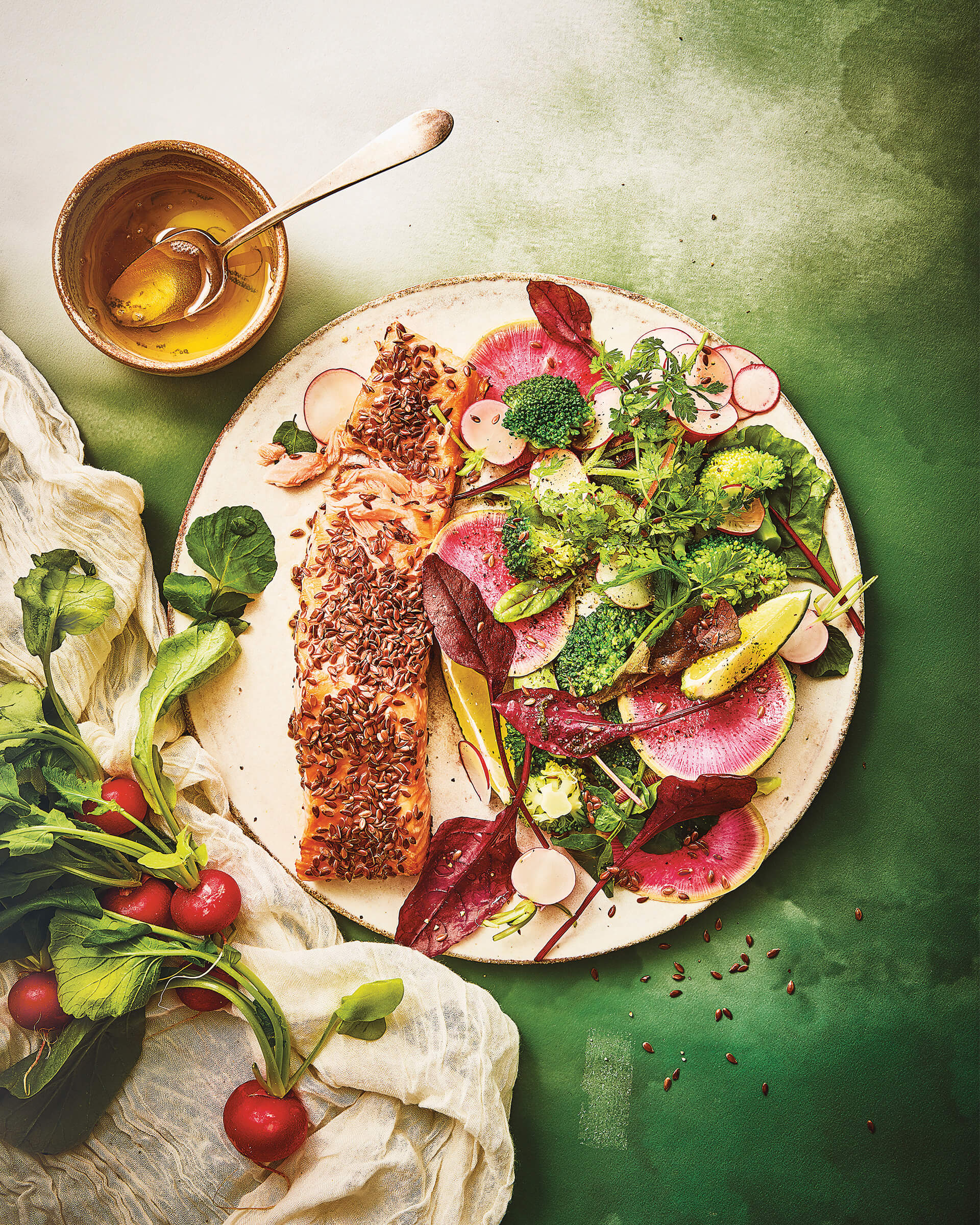
Recipes using salmon
- Flaxseed-Crusted Salmon With Crunchy Radish Salad
- Planked Wild Salmon with Caramelized Nectarines and Ricotta
- Scout’s Smoked Salmon Dip with Crispy Chickpeas
3. Watercress
Leafy green vegetables like watercress are nutritional powerhouses—they’re rich in vitamin C, folate, iron, zinc, calcium, magnesium, carotenoids and flavonols. A diet high in vegetables also promotes a healthy microbiome, which can boost happiness.
Recipes using watercress
4. Lentils
Lentils and other pulses (dried beans and chickpeas) are a staple in the Mediterranean diet, as are fish, olive oil, nuts, whole grains, vegetables and fruit. The Mediterranean diet is associated with better mental well-being, lower rates of depression, anxiety and cardiovascular-health issues and increased longevity.
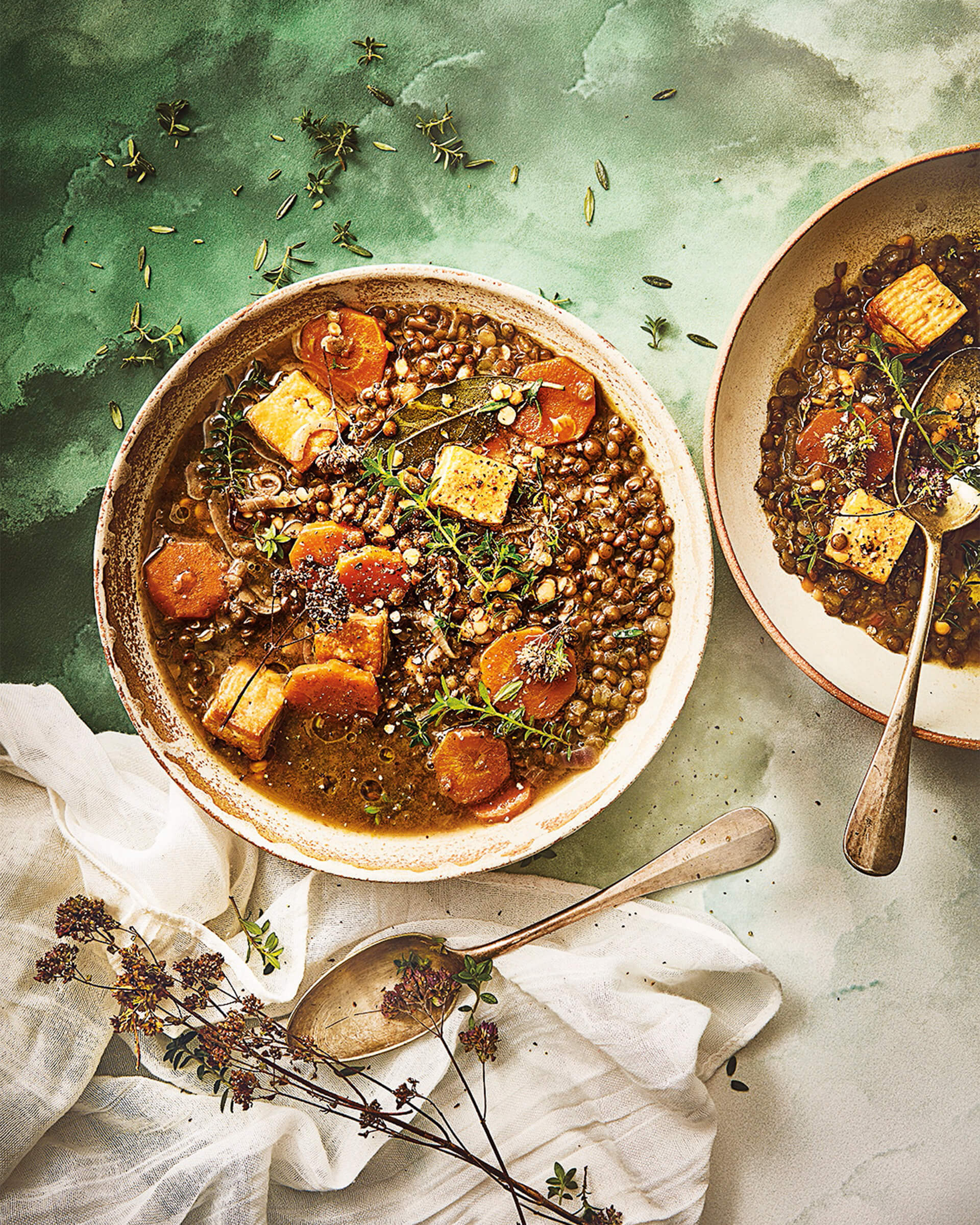
Recipes using lentils
- Vegan Lentil Soup With Smoked Tofu
- Sweet Potatoes and Lentils With Creamy Plant-Based Dressing
- Rainbow Carrot Mini Pizzas With Vegan Lentil Crust
5. Ricotta
Dairy products like ricotta are high in whey protein, which contains the amino acids tryptophan and glutamine. Tryptophan is involved in serotonin production and thereby increasing happiness, and glutamine can reduce anxiety and promote a feeling of calmness.
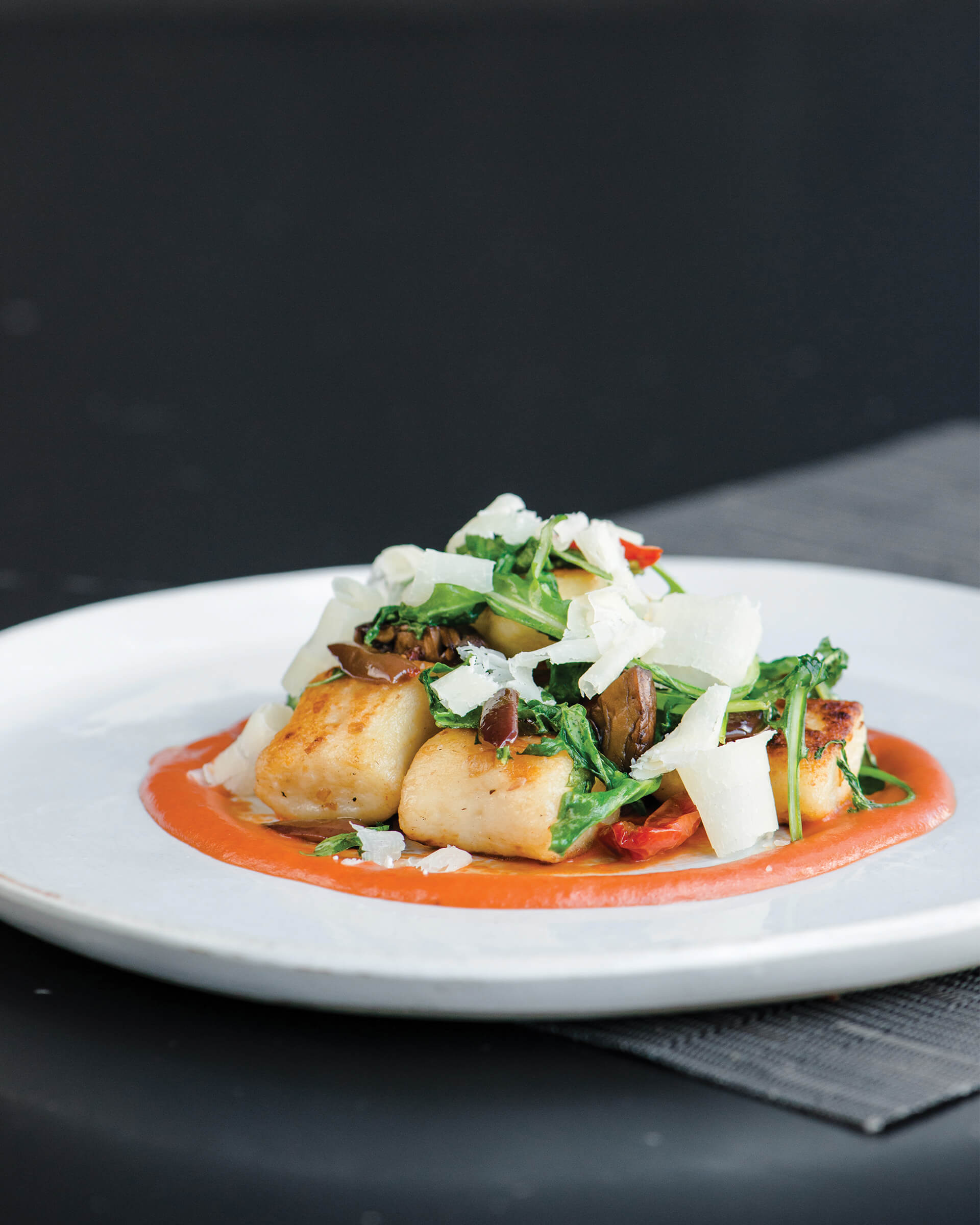
Recipes using ricotta
- Ayden’s Ricotta Gnocchi With Tomato-Butter Sauce
- Roasted Strawberries with Ricotta and Mint
- Lemony Broccoli and Cauliflower Tabbouleh
- Planked Wild Salmon with Caramelized Nectarines and Ricotta


